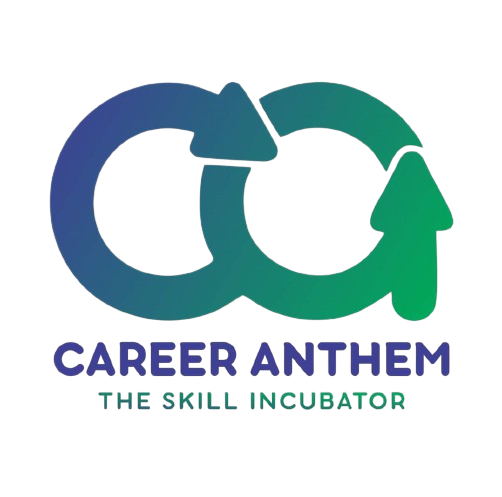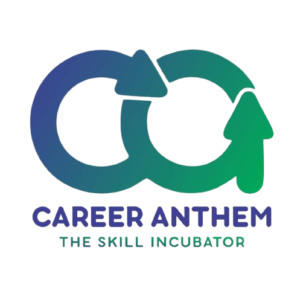In today's job market, technical skills are essential across various industries, whether you're in IT, engineering, marketing, or design. These skills refer to the specialized knowledge and expertise required to perform specific tasks, such as coding, data analysis, or software proficiency. For example, IT professionals might need to be skilled in programming languages like Python or Java, while marketers might benefit from knowledge of digital tools like Google Analytics or SEO strategies. Engineers often require skills in CAD software, while designers need proficiency in tools like Adobe Creative Suite. As technology continues to evolve, continuously upgrading your technical skills through training and certification can enhance your competitiveness and career growth.
In today’s job market, technical skills are essential across various industries, whether you’re in IT, engineering, marketing, or design. These
Thriving in the corporate world requires understanding and adapting to a company's unique culture. Corporate culture defines the values, behaviors, and work environment that shape the day-to-day experiences of employees. To survive and succeed, it's essential to align with these values while maintaining your individuality. Observe how decisions are made, how teams communicate, and how performance is measured. Building strong relationships with colleagues, staying flexible, and being open to feedback will help you navigate challenges. Adaptability is key—whether it's embracing change or understanding unspoken norms, those who can seamlessly blend their skills with the corporate culture are more likely to thrive.
Thriving in the corporate world requires understanding and adapting to a company’s unique culture. Corporate culture defines the values, behaviors,
Your body language and gestures play a significant role in communicating confidence, enthusiasm, and professionalism during an interview. Start with a firm handshake and maintain good posture throughout the conversation—sit up straight, keep your shoulders relaxed, and avoid slouching. Make regular eye contact to show engagement and sincerity, but don't overdo it. Avoid crossing your arms, which can make you appear defensive, and instead, keep your hands in a relaxed, open position or use them subtly to emphasize key points. Nod occasionally to show you're listening, and smile when appropriate to convey a positive attitude. By being mindful of your non-verbal cues, you can make a great impression even beyond your words.
Your body language and gestures play a significant role in communicating confidence, enthusiasm, and professionalism during an interview. Start with
Preparing for an interview is crucial to showcasing your skills and making a lasting impression. Start by researching the company to understand its values, culture, and recent achievements. Review the job description carefully and match your experiences to the required skills. Practice common interview questions, focusing on how you can add value to the organization. Don't forget to prepare thoughtful questions for the interviewer, demonstrating your interest in the role. Dress professionally, arrive early, and bring necessary documents like your resume. Finally, stay calm and confident, remembering that an interview is as much about assessing the company as it is about them assessing you.
Preparing for an interview is crucial to showcasing your skills and making a lasting impression. Start by researching the company
In Communication skills we focus on directly clear speech, accent and pronunciations, pubic speaking, effective listening, presentation skills, writing skills, email writing and presentation using power point.
In Communication skills we focus on directly clear speech, accent and pronunciations, pubic speaking, effective listening, presentation skills, writing skills,


